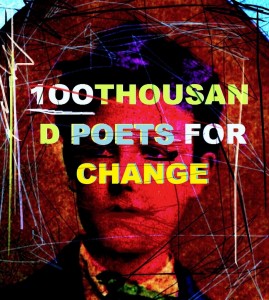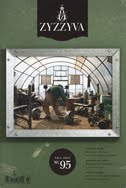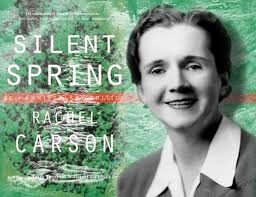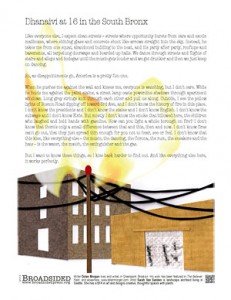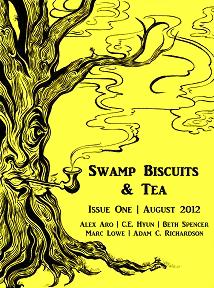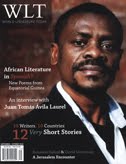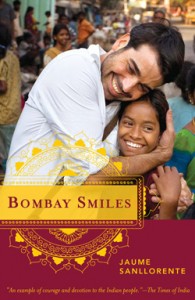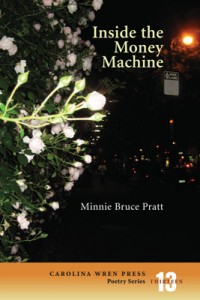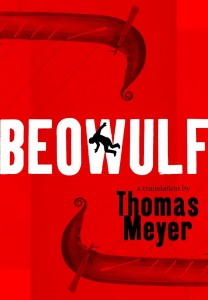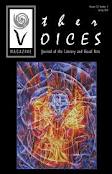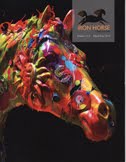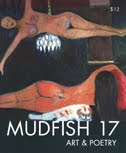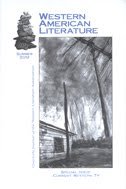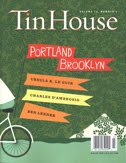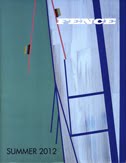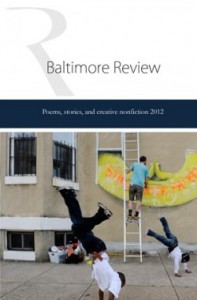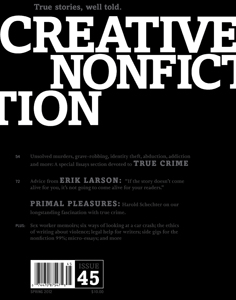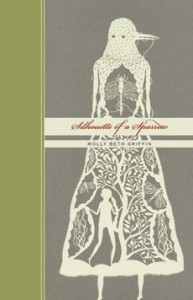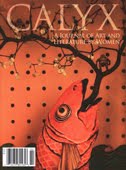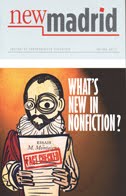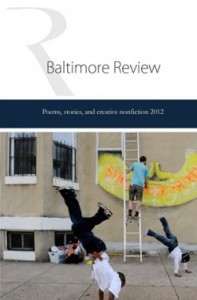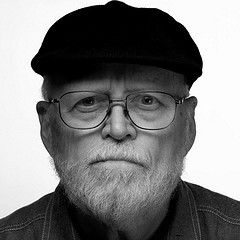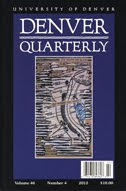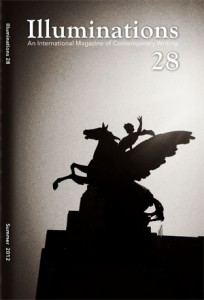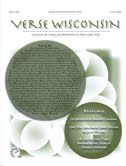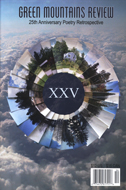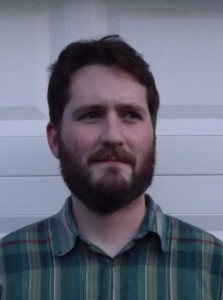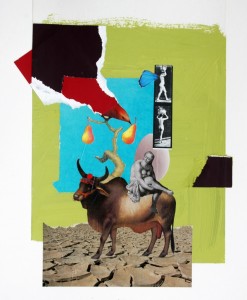September 29, 2012 marks the second annual global event of 100 Thousand Poets for Change, a grassroots organization that brings poets, artists and musicians (new this year) together to call for environmental, social, and political change, within the framework of peace and sustainability. The local focus is key to this global event as communities around the world raise their voices through concerts, readings, workshops, flash mobs and demonstrations that speak to the heart of their specific area of concerns, such as homelessness, ecocide, racism and censorship.
“Peace and sustainability is a major concern worldwide, and the guiding principle for this global event,” said Michael Rothenberg, Co-Founder of 100 Thousand Poets for Change. “We are in a world where it isn’t just one issue that needs to be addressed. A common ground is built through this global compilation of local stories, which is how we create a true narrative for discourse to inform the future.”
Organizers and participants are hoping through their actions and events to seize and redirect the political and social dialogue of the day and turn the narrative of civilization towards peace and sustainability. Those that want to get involved can visit www.100tpc.org to find an event near them or sign up to organize one in their area.
There are nearly 700 events planned worldwide, including:
• 25 different events in the San Francisco Bay Area, the birthplace of 100 Thousand Poets for Change, with live poetry readings by Beat Legend Michael McClure, former US Poet Laureate Robert Hass and other major poets
• The Occupy Wall Street Poetry group kicks off a weekend of events in New York City with a poetry reading at the famous St. Mark’s Poetry Project
• Peace On Streets, R.O.A.D., Tasker Elite and SHARP will host performance artists, poets, musicians, hip hop artists and various youth and parent groups who will perform and lead workshops throughout Philadelphia to bring awareness to the ongoing problem of street violence in their city
• Wordstock, a 3 day festival at the Bamboo Arts and Celebration Center in De Leon Springs, FL, will include poetry slams, concerts, and an art exhibition focusing on images of war and peace
• In New Orleans, a blues festival featuring ten bands will help raise funds for medical care for aging musicians
• In Jamaica a week long Street Dub Vibe series called “Tell the Children the Truth” will include concerts, spoken word performances, art exhibits, lectures, and workshops to bring attention to the damaging culture of secrecy and denial surrounding the abuse, poverty and illiteracy impacting the nation’s children and destroying their future.
• Poetry and peace gatherings are planned in the strife-torn cities of Kabul and Jalalabad, Afghanistan
• In Cairo and Alexandria, Egypt, poets, musicians and mime artists, in response to the revolution in Egypt and the major changes taking place in the Arab World, will perform in public spaces and theaters and explore new ways to communicate their concerns, and their roles as artists, in influencing the future of their country
• In Volos, Greece, there will be 5 days of poetry and music events, including an exhibition of photography looking at the new phenomenon of homelessness in Greece
• An event in Blackpool, England will celebrate activist poets and writers of past generations through a special performance of Bullets and Daffodils, a play about the life of peace poet Wilfred Owen
100 Thousand Poets for Change began in Sonoma County, Calif. The official Headquarters’ Event will take place at the Arlene Francis Center in downtown Santa Rosa and will feature poetry readings, group meditations, workshops, and music and dance of various styles including hip hop, flamenco, African drums, reggae, salsa, folk and more. The HQ event will also live-stream other 100 Thousand Poets for Change events worldwide. This 3-day event is sponsored by the Peace & Justice Center of Sonoma County and the Sonoma County Arts Council.
Immediately following September 29th, all documentation on the 100TPC.org website, which will include specific event pages with photos, video and other documentation compiled by each city coordinator, will be preserved by Stanford University in California. Stanford recognized 100 Thousand Poets for Change in 2011 as an historical event, the largest poetry reading in history. They will continue to archive the complete contents of 100TPC.org, as part of their digital archiving program LOCKSS.
About 100 Thousand Poets for Change
Co-Founder Michael Rothenberg is a widely known poet, editor of the online literary magazine Bigbridge.org and an environmental activist based in Northern California. Terri Carrion is a poet, translator, photographer, and editor and visual designer for BigBridge.org.

